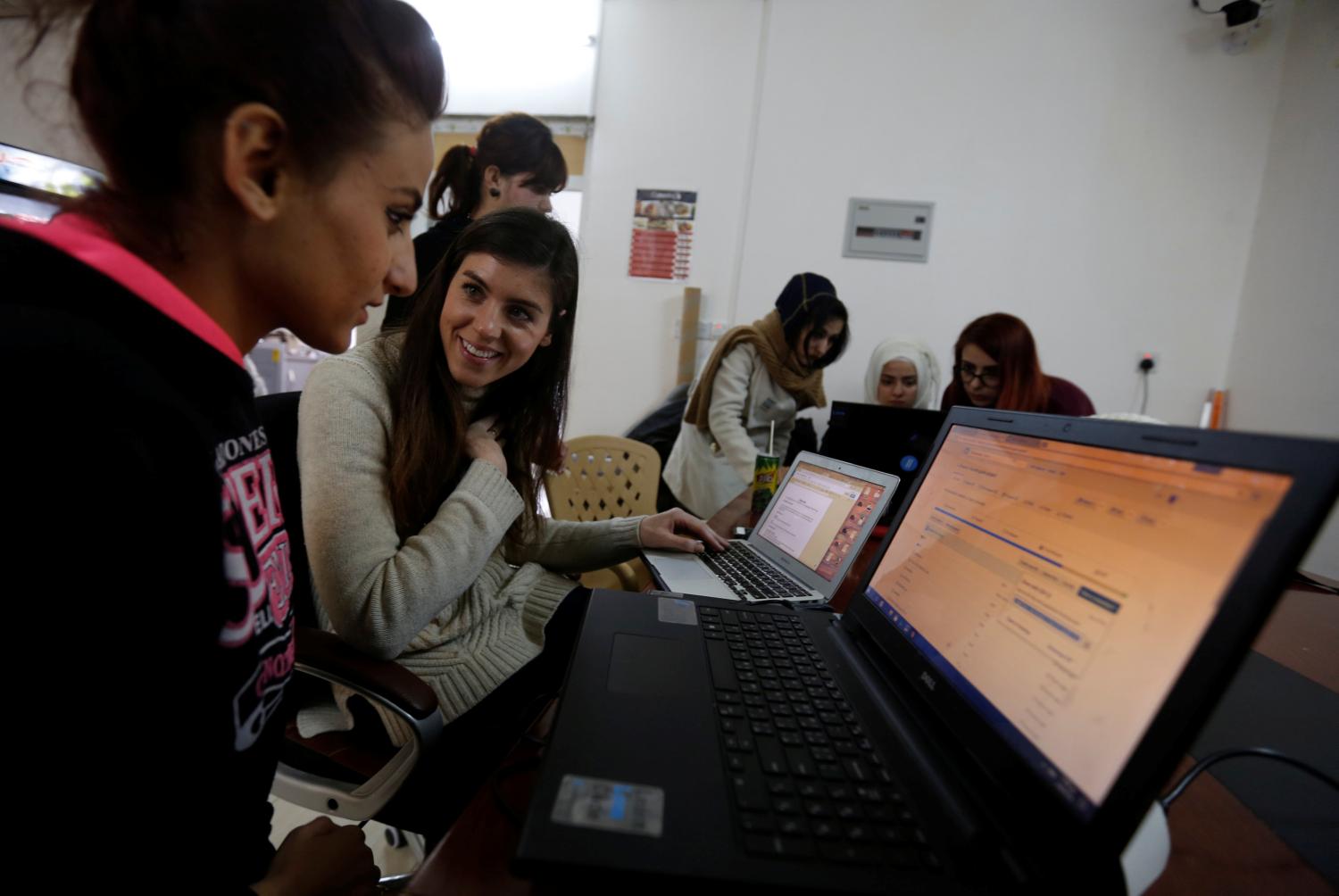In a recent opinion piece in the New York Times, Anna North invited us to consider smarts vs. personality in school. However, no “versus” is required. This choice represents an interesting point of debate, because a false choice is sometimes posed between building academic knowledge in children and fostering the so-called soft skills that underpin lifelong behaviors. In reality, for the reasons described below, we do not have to choose between these concepts, we can move to utilize both together in a win-win situation.
A Strong Link between Personality Traits and Lifelong Outcomes
Consider North’s discussion of grit. The term, increasingly used in education circles for perseverance and determination coupled with resilience, was fairly described. (For even more on the concept, see this enlightening TED talk by Angela Duckworth). Yet, readers might have also benefited from knowing this: there is no evidence to indicate that smarts or cognitive skills mature at the expense of personality, or vice versa.
Academic content is without question an important platform for a growing knowledge base, and you’ll not find any attack on the role of knowledge acquisition here. However, solid and growing evidence uncovering the importance of skills—including grit, but extending to other life-critical skills such as emotional self-control and critical thinking—has clearly opened our eyes to the link between these skills and success in school, jobs, and life.
Furthermore, while one can continue to refine character skills across our lifetime, development in childhood presents exceptionally sensitive periods, as explained by the Harvard Center on the Developing Child’s Working Paper on Emotional Development, for forming many of these skills—an advantage when these skills are coached and nourished, a disaster when ignored. This is not lab research we are talking about, it is real life evidence from children and adults, concisely reviewed in the recent OECD report “Improving Cognitive and Non-Cognitive Skills to Promote Lifetime Success.”
Great Examples of Education Reform Show Success Factors
Successfully intertwining knowledge and other skills in education is not theoretical. Many great examples of how to holistically support children’s academic and personality development are emerging across the world. In addition to the Knowledge is Power Program, for example, approaches to and benefits of cultivating soft skills are demonstrated in Project STAR, the Montreal Longitudinal Experimental Study, and The Seattle Social Development Project. Effective efforts share three key factors:
- They challenge our traditional thinking on the purpose of education, reminding us that information acquisition is not the ultimate and only goal, but just one goal, while also a means to a higher goal of learning to learn and fostering the skills that will help an individual analyze and use information. For a deeper look at this see Tony Wagner’s “What Matters Most is What You Can Do With What You Know.”
- They gently shift focus away from the “what” of education to the “how,” applying and refining classroom approaches such as student-centered learning, project-based methods, and reflective practices.
- Facilities, materials, and other environmental requirements are sufficiently addressed, so as not to detract from the learning environment.
Together, the growing list of examples shows that certain approaches, more than others, integrate opportunities to test and strengthen critical life skills. And, along the way, not only are curriculum requirements met, but curricula can be used effectively for productive, social, and personal purposes. This is an effective way to consolidate learning of the curriculum.
It is also critically important to recognize that character education starts at home, with simple things like choosing activities that foster curiosity, or those requiring increased focus and attention. Facilitating resolution during times of conflict can help to role model emotional self-control and strategies to negotiate a resolution. Offering opportunities for playful learning, or learning that engages children (and adults, too) of all ages to communicate, collaborate, persevere, and think creatively and critically also contributes to strong character skills.
Let’s End the Distracting Debate between “Cognitive” and “Non-Cognitive” Learning
Sadly, these life skills are badly in need of better marketing. Some of them having been labeled under the ambiguous umbrella terms including but not limited to: non-cognitive skills, 21st century skills, personality characteristics, executive functions, or qualities of global citizenship. By describing character skills in these various terms, they can never achieve equality with the more broadly used “cognitive skills.” The need for greater clarity and agreement among education specialists, researchers, policy influencers, government officials, media, and parents translates directly into a challenge we must overcome—a challenge about what these skills are, why they are important, how they develop, how to assess them, and what can be done to nurture them along the way.
The Brookings Institution is committed to quality, independence, and impact.
We are supported by a diverse array of funders. In line with our values and policies, each Brookings publication represents the sole views of its author(s).




Commentary
Challenging the Myth of Content vs. Character Education in the Age of Common Core
January 13, 2015